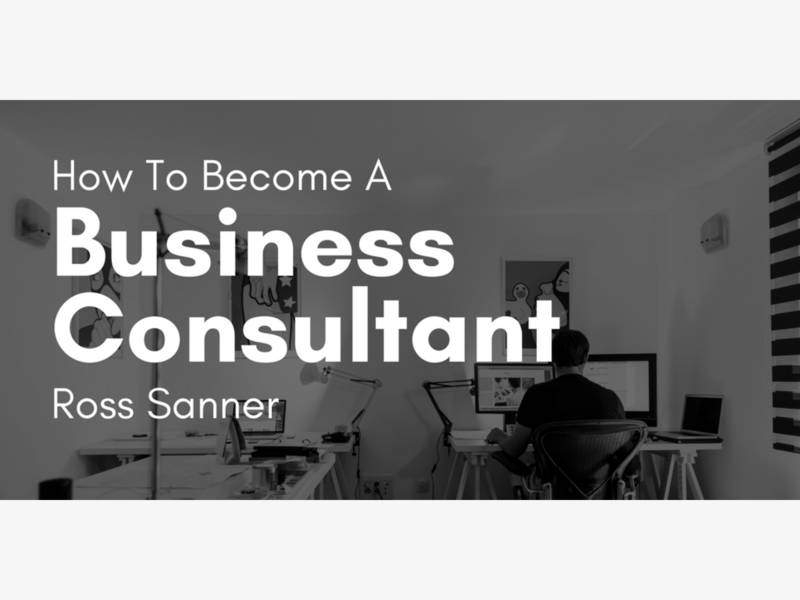The vast umbrella of consultancy can mean different things to different people. The concept almost seems absurd at first; what’s the value in paying someone to advise you on a certain matter?
However, it’s less absurd for the businesses that hire and benefit from consultants. With more of a demand than ever, companies are finding that soliciting an expert opinion can help shift stagnant perspectives, solidify future courses of action, and educate individuals on subjects they may have not been familiar with.
Excelling as a consultant is a matter of finding a niche that is useful to businesses. The easiest way to do this is to figure out a subject matter that you have expertise in. This can range from something you’ve studied as part of your degree, such as accounting, to more specific facets of a field. In any case, a good consultant is able to accurate evaluate what he or she is best qualified to consult on and build a reputation based on a specific skillset.
If you have something in mind, it’s worth refreshing your knowledge so that you can go into a consulting venture thoroughly prepared. There are a plethora of online courses, often with certifications to go with them, that can help give an individual the breadth of knowledge necessary to excel when consulting. It also helps if you have working knowledge from having a career in a specific industry.
However, some consulting jobs will require some kind of special licensing for people to operate. This can vary depending on the industry, with certain expertises requiring registration as a consultant.
Beyond that, even if you are knowledgeable and have all of the proper certifications, consultancy is not for everyone. Consider your strengths and weaknesses. As a form of freelancer, consultants need to be highly self-motivated and organized in order to meet demands of clients in a timely manner. People skills are also a must, as seeking out clients and interacting with a variety of individuals is a requirement for any consultancy job. Even experience in education is helpful, as conveying concepts in an easy-to-understand manner is critical to being a good consultant.
You should also consider the kind of consulting work you will want to do. As the definition of the job is highly fluid, you may find yourself accomplishing different tasks for different businesses. If you have past experience accomplishing a certain task, you may be hired to help another company accomplish the same thing. Alternatively, you could be reevaluating the culture in a company, working to enact change at an organizational level. Think about the work you’ve done in the past, and how you can make it work for a different business.
There are a lot of other things you’ll want to become a full-fledged consultant. Before you seek out your first customer, you should have structures in place to facilitate smooth operations. It comes down to personal preference, but a home office gives consultants a dedicated working space that involves little overheard. Additionally, you’ll want to have rates established, accounting for your time in the industry and the work that you do for a client. Contact other consultants similar to you and get a sense of their pricing to stay competitive.
Then, and only then, you’ll be able to start reaching out to potential clients and establishing the connections that will make you a trusted resource for business. Check out my article about marketing as a freelancer for more information on how to do this!
If you’re talented and willing to work to prove it, a job as a consultant may be for you. Get out there and make a name for yourself as an expert in your industry!

